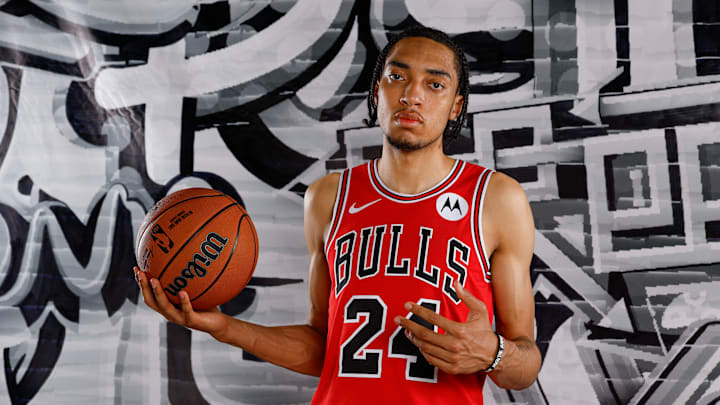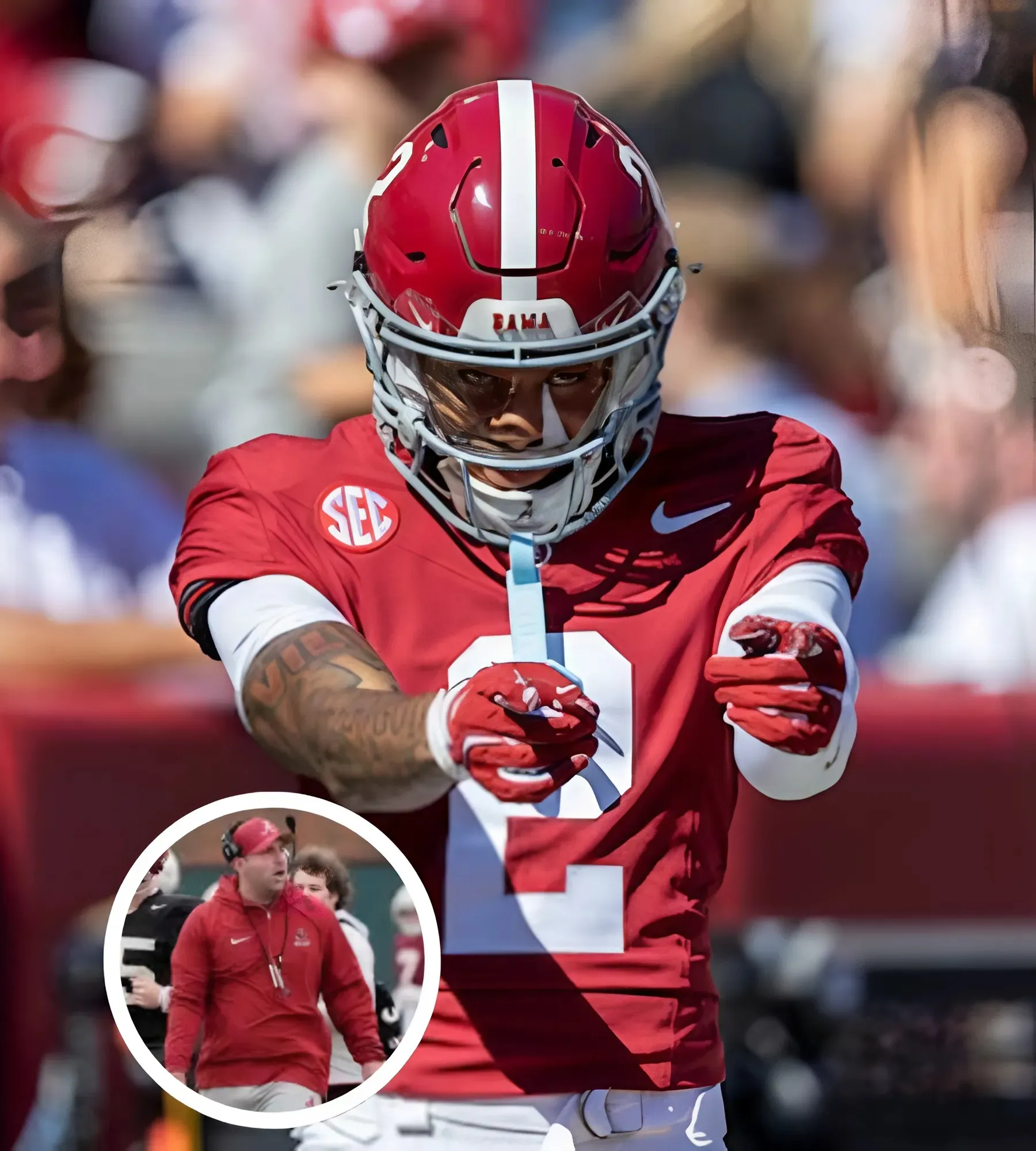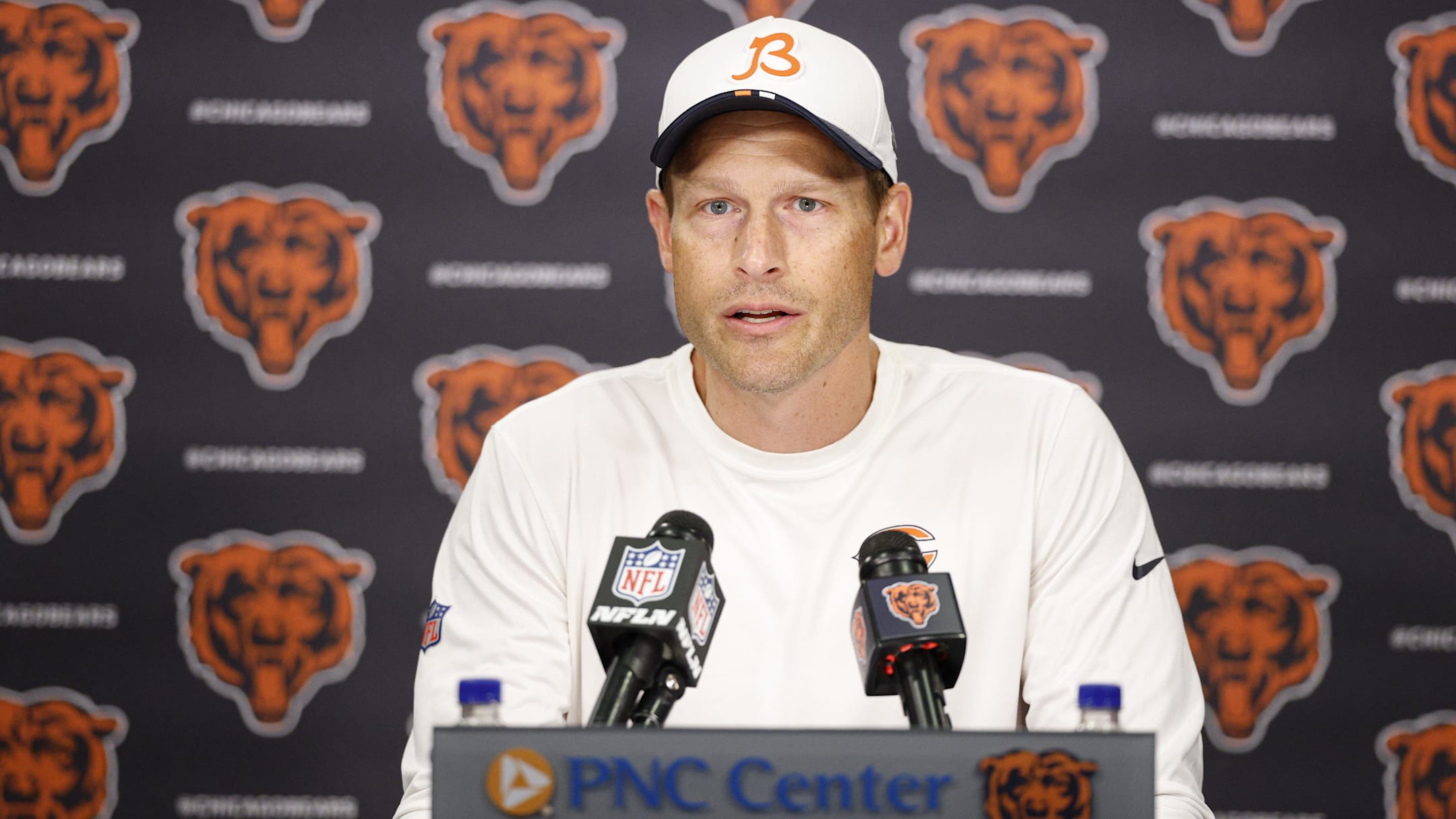Through four Summer League games, the Chicago Bulls have displayed a wide range of performances that feature both serious potential and some areas of concern. We've seen a 44-point blowout in the first game, early injury concerns with the young draft picks, and severe inconsistency on both sides of the ball. However, we've also been able to witness the young Bulls put up promising stat lines, hard-fought come-from-behind victories, and record-setting performances.

Ahead of their final Summer League game against the Jazz on Friday, several key questions remain to be addressed before the team shifts its attention to preparing for the 2025-26 NBA season. Not only do they need to finish strong, but they also need to use this final opportunity to evaluate developmental progress in their young prospects, clarify each player's role, and establish an identity as they move into the true offseason.
Takeaway #1: Who deserves the two-way roster spots?
At the moment, the Bulls’ three two-way roster spots are filled by Emanuel Miller, Jahmir Young, and the 55th overall pick, Lachlan Olbrich. Olbrich is as good as a lock to retain his spot, but the other two are slightly up in the air.
Jahmir Young made a strong case to stay, dropping a Summer League franchise-record 40 points against the Milwaukee Bucks. The real question lies with Miller, who has yet to make a serious impact through four Summer League games. Consistently strong performances from Yuki Kawamura could put his spot up in the air. The problem? Kawamura would be buried in an already loaded backcourt, making it virtually pointless to sign him to the last two-way roster spot.
That’s why the Bulls’ Summer League finale holds some importance. If Miller can finally show why the team gave him a two-way contract in the first place, he’ll boost his chances of remaining on the team. But if he has yet another quiet outing while Kawamura continues to show his elite playmaking abilities, Miller’s chances dwindle.
Takeaway #2: Is the Bulls' young frontcourt duo ready?
In the limited sample we've seen with both Matas Buzelis and Noa Essengue on the floor, one thing is already clear: Buzelis looks ready for a breakout sophomore season. Through two Summer League games, he's averaged 22.5 points, 5.0 rebounds, and 1.0 assists. The most noticeable improvement to his game has been his confidence. He’s playing with less hesitation, knocking down catch-and-shoot looks around the perimeter and attacking the rim with purpose, attempting 21 free throws across two games.
Essengue, the Bulls’ 12th overall pick in last month’s draft, had a slow start to Summer League. He posted just five points and three rebounds in a 44-point blowout loss to the Raptors. Since then, he’s bounced back, averaging 16.5 points and 6.5 boards, proving that his quiet debut was most likely due to nerves, pressure, and a brand-new environment.
If he suits up for Friday’s finale, the Bulls should look to run the offense through him. Essengue still needs to show the front office he’s ready for a rotational role to start the 2025–26 season. And possibly position himself as the starting power forward, if the team decides to shift Buzelis to the small forward—a lineup could be incredibly fun to watch.
Takeaway #3: What identity are the Bulls leaning into?
Recent trades and draft picks have made it clear that the Bulls' front office is moving towards a defense-first identity. The acquisition of Isaac Okoro in the Lonzo Ball deal hinted at that shift, and selecting Essengue in the draft made it even more obvious. Outside of Buzelis, Essengue, Okoro, and Patrick Williams, though, the roster falls short of reliable defensive contributors.
While the rest of the core brings plenty of offensive firepower, players like Nikola Vucevic, Coby White, Josh Giddey, and Ayo Dosunmu all have their struggles defensively. They obviously won’t be suiting up in the Summer League finale, but the players who will (and who hope to crack the regular season roster) need to show growth on that end of the floor.
That doesn’t mean everyone has to become a lockdown defender overnight. But at a minimum, each player must be capable of holding their own without becoming a liability. For a team looking to reshape its identity, that kind of defensive accountability has to start now.


-1752898238-q80.webp)
